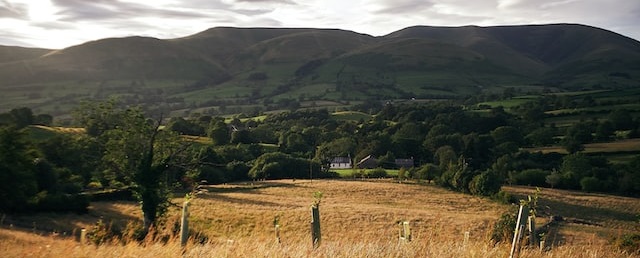Writing for Taxation magazine’s Readers’ Forum, BKL tax consultant Terry Jordan responds to a reader’s query about the tax implications of a family partnership in a nursery business based in a farmhouse and cottage.
‘A client owns a farmhouse and cottage in eight acres that has been used as a nursery for many years. She has two daughters who work in the nursery, one of whom lives in the cottage. The mother lives in the farmhouse. The whole lot is worth about £3m.
We have suggested that the daughters become partners while their mother retains the freehold outside the partnership but charges no rent as has always been the case.
Will the estate of the mother be able to claim business property relief on her death? Or is there a better idea?
Can Taxation readers think of alternative solutions?’ Query 19,985 – Elmfield.
Terry Jordan’s reply: At best, there could be IHT BPR at 100% on the client’s death.
‘Elmfield has been rather sparing in the summary of the facts of this case.
We are told that the client owns a farmhouse and cottage and eight acres used as a nursery and that the client’s two daughters work in the nursery, but we are not told who owns the nursery business.
It is implicit in the query that a partnership does not yet exist, and it may be that the mother is currently the sole owner of the business with the daughters as salaried employees.
On the premise that the farmhouse is used in the business it may be that matters should not be disturbed.
At best in the event of the client’s death there could be inheritance tax business property relief (BPR) at 100% being a business or interest in a business within IHTA 1984, s 105(1)(a) and an uplift to market value free of capital gains tax.
However, it is unlikely to be that straightforward. We are told that the client lives in the farmhouse, and it is probably the case that only some of the building, if any, is used in the business.
If a partnership is formed and the mother retains the freehold outside the partnership, then at best there could be BPR at 50% on the value of the property on mum’s death, but only if she is also a partner and the property is used wholly or mainly in the business (IHTA 1984, s 105(1)(d)).
Whether or not rent is charged is immaterial when considering BPR.
APR is probably not in point. The eight acres might qualify, depending on whether what is grown on them constitutes them as agricultural property within s 115(2).
With only eight acres the farmhouse is most unlikely to be of a character appropriate to the property and APR does not apply to any development or hope value.
We are invited to think of alternative solutions. Depending upon the capital gains tax implications the mother might gift the cottage to the daughter who lives there, perhaps using a trust as a conduit if the value is within her inheritance tax (IHT) nil rate band.
She might gift a share in the farmhouse to a daughter who, in future, occupied it with her using the sharing exemption in FA 1986, s 102B(4).
She might also consider a lifetime mortgage secured on the farmhouse and give away the sum borrowed. The capital sum and accrued interest would be deducted when valuing the property for IHT purposes on the mother’s death.
All those strategies would require the mother to survive for seven years for maximum efficiency. Another missing piece of information is the mother’s age which would have been helpful but on which we cannot speculate.’
Our private client tax team have expertise in a range of areas including inheritance tax, trusts and probate. For more information, please get in touch with your usual BKL contact or use our enquiry form.







